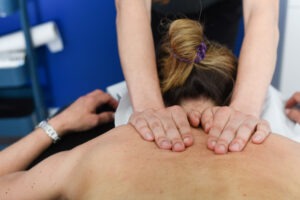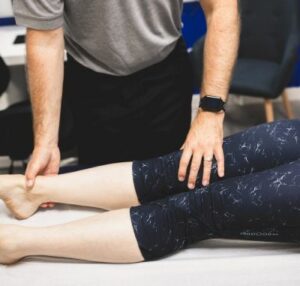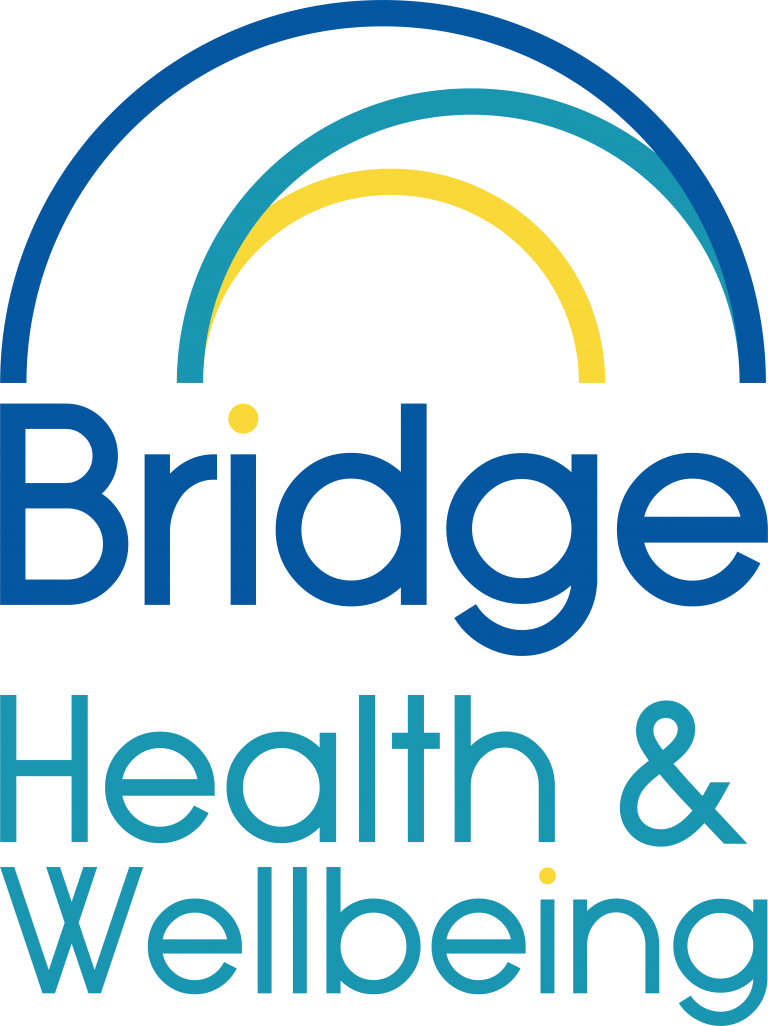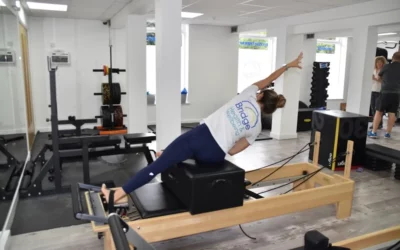 Pain is an opinion, not a fact.
Pain is an opinion, not a fact.
Pain is a unique experience for every individual. It’s the brain’s perception of how much danger you and your body are in. Whether it’s post-surgery, a childhood injury that has never really gone away, an acute injury or posture-related pain, your body has a lifetime of learned experience about what is “pain” and what isn’t.
But sometimes, the brain can be wrong. When someone has pain longer than a “normal” healing time post-injury, the tissue itself is healed, but the brain is still telling the body that something is wrong in that area and still needs protection. Pain has physical, cognitive and emotional components to it, and it is important to address each of these realms to be effective.
First of all, take care of your emotional health just as much as you take care of your physical health
A negative mindset and low mood are associated with persistent pain. Emotions like stress, sadness and anger can all increase the pain experience, whereas positive emotions such as happiness and joy decrease it. Some ways to take care of your emotional health include:
 Meditation or mindfulness
Meditation or mindfulness- Massage therapy can reduce pain perception and decrease stress
- Practice self-care by doing activities or hobbies you enjoy
- Spend time with friends or family, or even a pet
Secondly, start pacing your return to activity
Pain tricks us into believing that we need to rest for months, or maybe even years and that avoiding activity is better than risking the pain experience again. Reducing activity and avoiding movement only leads to an increase in your sensitisation system aka more pain!
It’s never a good idea to go straight from sitting on the couch to running a marathon. That is true whether or not you are on the couch because of pain. Getting back into activity is about pacing yourself. It’s about going SLOW but always BUILDING. It can be done with any activity.
Some tips to help do that:

- See a physio; they can create a personalised plan with you to increase your activity level in the right way and at the right pace (They will even keep you accountable for it)
- Start a beginner class of an exercise you enjoy i.e. yoga, pilates, paddleboarding, cycling
- Set reminders in your phone to move regularly
Finally, practice good sleep hygiene by getting approximately 8 hours of uninterrupted sleep every night
There is so much evidence for sleep being an important indicator of health. Poor sleep can negatively affect all aspects of life. Unfortunately, when it comes to chronic pain, it becomes cyclical. When you are in pain, it’s hard to sleep, which makes the pain even worse, which makes it even harder to sleep. That’s why it is important to develop healthy sleeping habits to help break that cycle:
- Avoid caffeine, nicotine and sugar before bed
- Stick to a sleep schedule; set an alarm and get up at the same time every day. That means getting out of bed even if you’ve had a poor night of sleep
- Take a hot bath before bed
- Make sure your bedroom is dark and cool…..and gadget-free
When thinking about your pain, think sensitivity, not damage, when moving. Pain tries to rob you of every activity you enjoy. Don’t let it win. If you are struggling with persistent pain, get in touch, and we can discuss how we can best support you.
To speak to our sports massage therapists Sam and Nathan or book a sports massage appointment at our health and wellness centre on Bridge Street in Christchurch, Dorset, please book online, contact us on 01202 473800 or email info@bridgehw.com.



